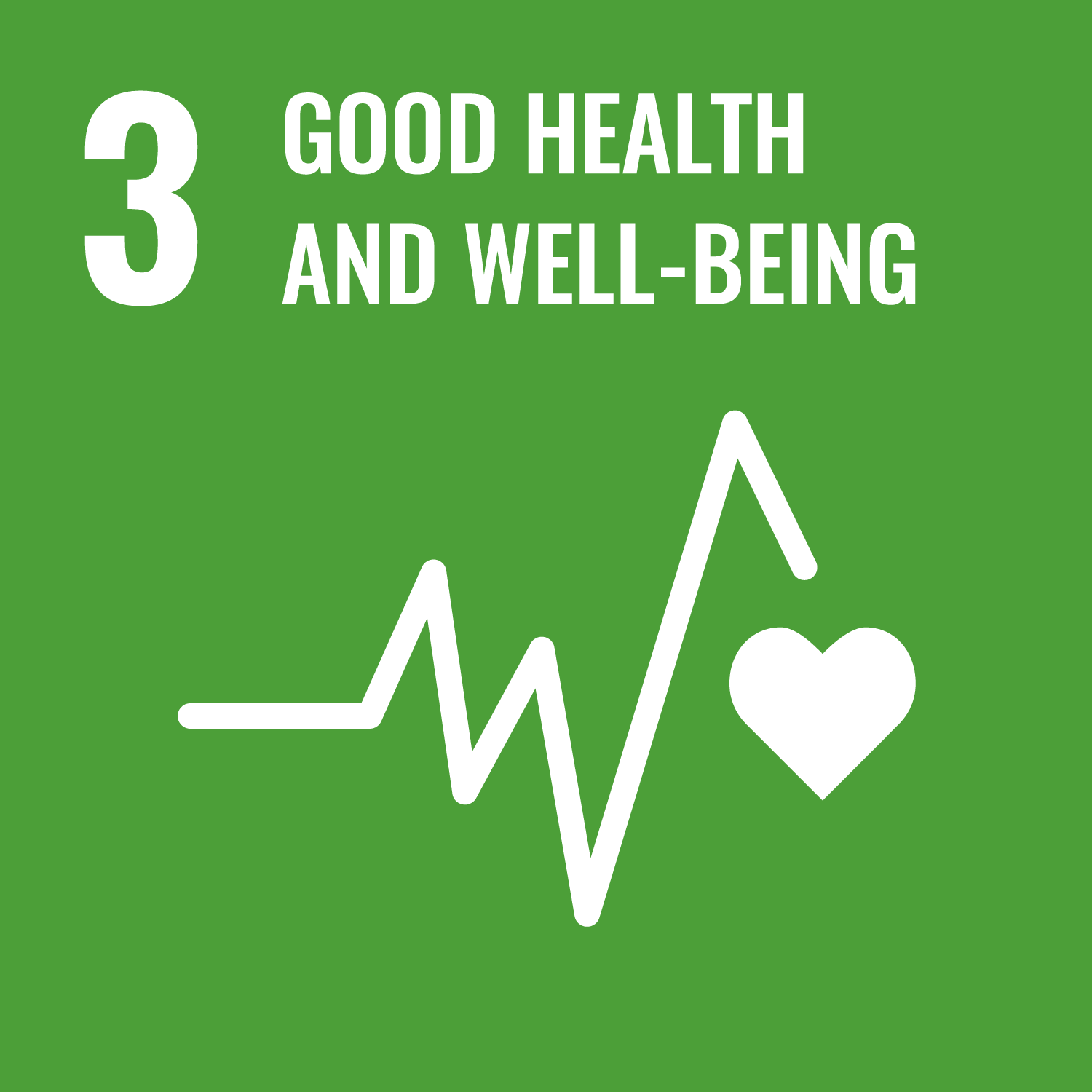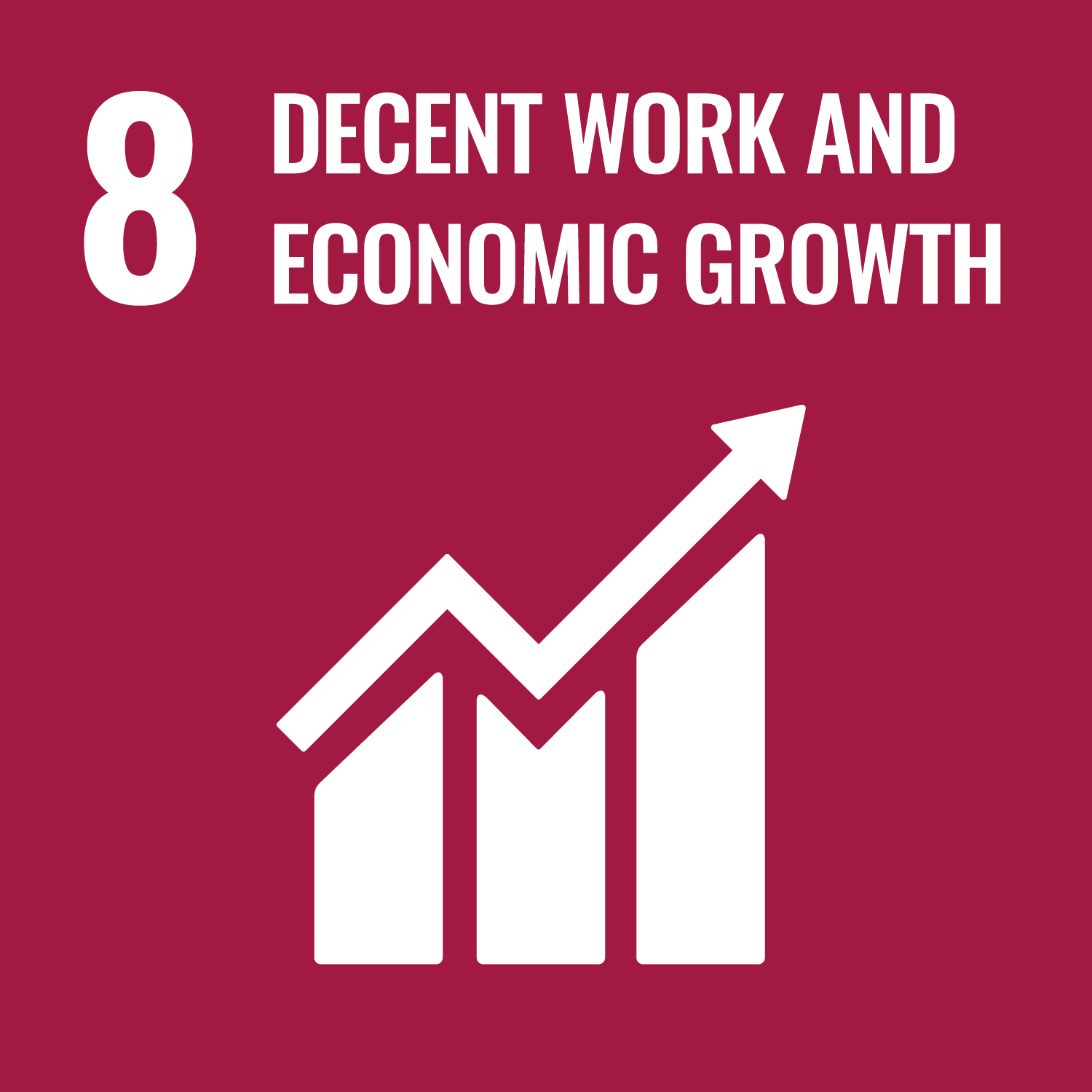This report is one of a series of four released by APCOM in late 2020 looking at the economic inclusion of people with diverse SOGIESC in four counties in South-East Asia, namely: Indonesia, Cambodia, Lao PDR and the Philippines.
This report provides a detailed summary of the current human rights context in Indonesia and how it relates to LGBTQI people. It highlights that currently there are no specific laws that protect LGBTQI people and there is a strong anti-LGBTQI lobby that is trying to criminalise homosexuality.
The research in Indonesia was undertaken by Suara Kita (Indonesia) between June and October 2019. The research focused on the human rights situation for the LGBTQI community in Indonesia, their social inclusion and their experiences in accessing education, health and financial services. The research involved focus groups with 25 research participants who were all members of the LGBTQI community in Indonesia.
The majority of the participants reported that they face violence, persecution and discrimination as a result of not fitting into the expected gender norms and heteronormative norms in Indonesia. The focus groups highlighted that greater acceptance of LGBTQI people by their families would significantly reduce their vulnerability to violence and poverty. Those that have family support are more likely to obtain higher education and have consisted employment.The report acknowledges that the discrimination faced by members with differing identities within the LGBTQI community varies significantly.
The focus group participants revealed that they face discrimination during every stage of obtaining and keeping a job. Trans women stated that they felt discrimination during the hiring process but also reflected that their low education levels limited their career opportunities. Participants noted that their limited education was, in part, due to their
experiences of bullying and harassment from teachers and students which interrupted their education, resulting in financial hardship and increased difficulty obtaining higher education and skilled employment. Bullying and discrimination instigated by educational institutions was highlighted as a particular issue as several Indonesian universities had recently obliged students to declare that they will not take part in LGBTQI-related activities.
Both trans men and trans women found it difficult to access banking services as their applications were rejected if their appearance did not match their identity card. Accessing loans was also described as difficult for the same reason. Lesbian, gay, bisexual, queer and intersex research participants did not face significant obstacles in accessing banking services.
Stigma and discrimination was reported as prevalent in the health sector in Indonesia. For example, gay men had been turned away from receiving dental treatment because they were accused of having HIV. However, the focus group participants also noted some positive health care services available for the LGBTQI community. Mental health concerns were found to be the most severe amongst the transgender research participants due to their exclusion in Indonesian society.
Based on the findings the repot offers 12 recommendations that the government, private sector and LGBTQI organisations can implement to address the structural barriers that effect the social and economic inclusion of LGBTQI people in Indonesia.








